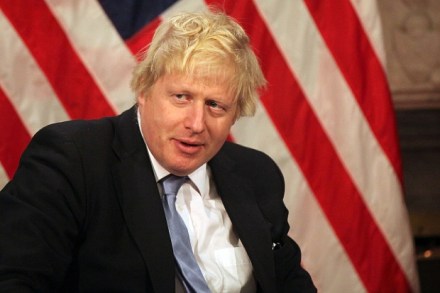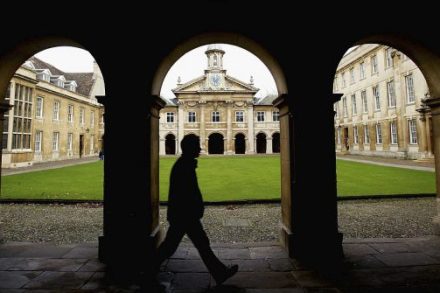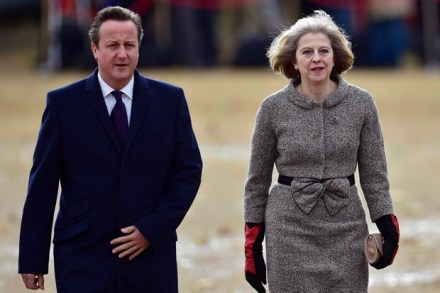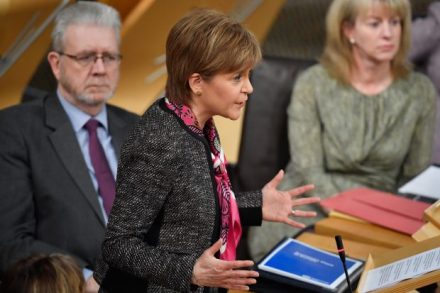The SNP’s dominance in Scotland is complete
Like the past, Scotland is a different country. Things are done differently here. What might be thought eyebrow-raisingly inappropriate in a larger polity is considered normal here. Consider these three examples: In 2015, Scottish Television decided it was a good idea to make Nicola Sturgeon, together with her sister and her mother, the star of its Hogmanay broadcast. New Year with the Sturgeon’s was in turn hosted by Elaine C Smith, the comedienne who was, conveniently, also a member of Yes Scotland’s advisory board during the 2014 independence referendum. Earlier this month, the SNP rolled-out the first ‘baby boxes’ that will be delivered to every new-born infant in Scotland. The




















